
There are at least 10 mistakes people make when dealing with seizure patients, and it’s important to correct them. Understanding seizures and how to react in this situation can save a life and educate those involved.
They panic

Seizure patients can be affected at a moment’s notice and to be honest, it’s a little terrifying. But the worst thing anyone can do is panic when they witness someone seizing, as it doesn’t help anyone.
They don’t immediately call paramedics

If someone loses control of their bodily functions it’s time to dial the paramedics. This is especially true with seizure patients since many different things can happen depending on their surroundings.
Not turning the patient on their side
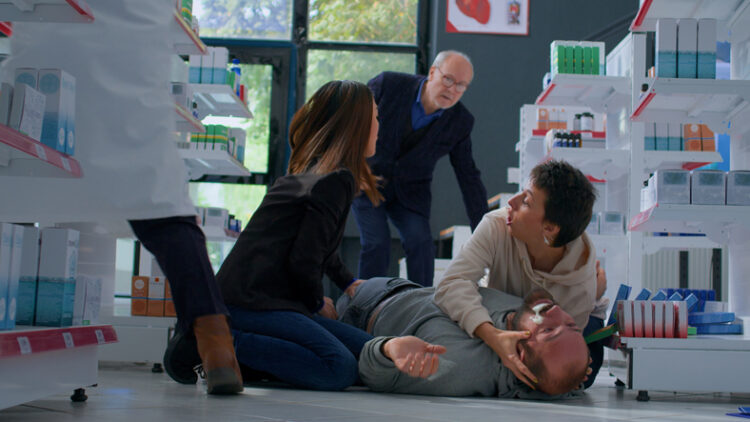
It’s not uncommon that an individual who is seizing will vomit. To keep them from choking it’s necessary to turn them on their side, gently if possible.
People don’t always immediately think to call for help
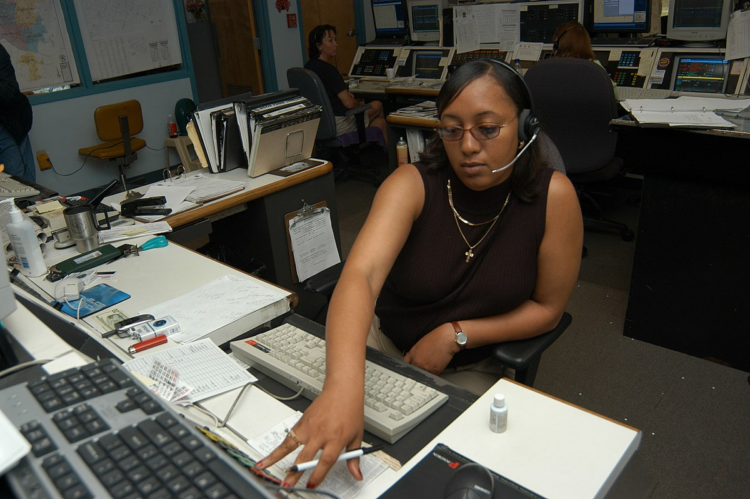
It’s true, and it’s understandable that those who have not witnessed a seizure will be at a loss. But it’s also important to call for help from anyone nearby.
Wondering ‘Why is this happening to me’ is not helpful

This is one of the worst things to do since the honest truth is this: it’s not happening to you. Your panic and your fear need to be pushed down to help the person who is seizing.
Not thinking about priorities
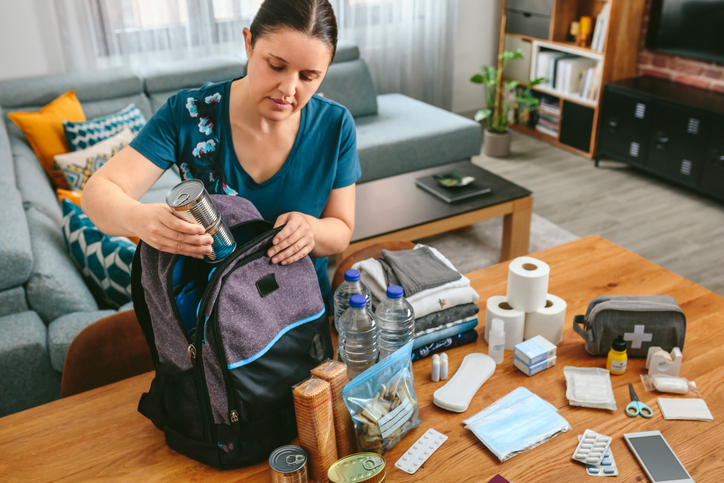
Is the person in a good position? Are they in an environment where they might suffer further harm? Has anyone called the paramedics? These are things to concern yourself with in this situation.
It’s necessary to pay attention to any symptoms

Sometimes a seizure won’t have any symptoms. This is the more terrifying version of seizures. But if there are signs of an oncoming episode it’s important to pay attention to them.
Creating a safe living space is vital

When a person experiences a seizure they typically lose control of themselves. Keeping them away from hard surfaces, sharp edges, and other hazards is important.
Having emergency numbers on hand is a must
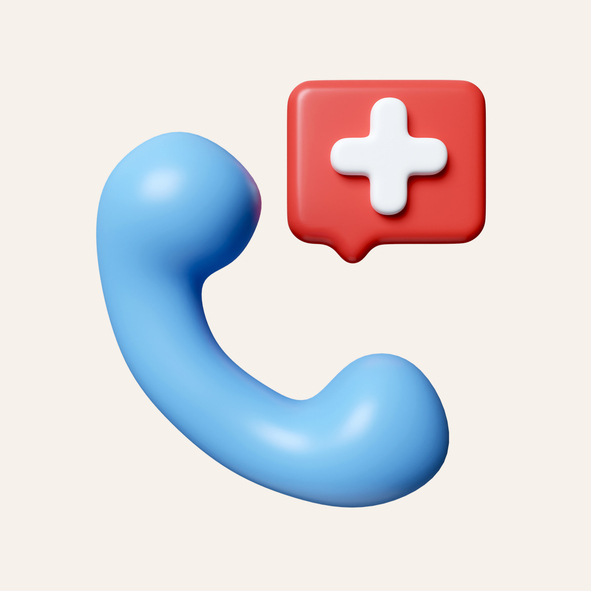
This should be a common practice for anyone, regardless of medical condition. Better to have the numbers on hand and not need them than need them and not know who to call.
Educating yourself about the condition is important
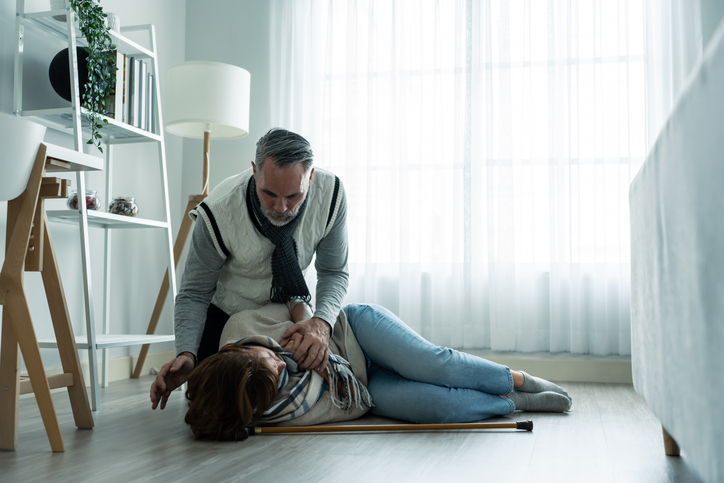
Once you’ve seen it, learning about seizure symptoms and hazards is a wise idea. This way you won’t be taken aback by an episode again.

Comments
Loading…